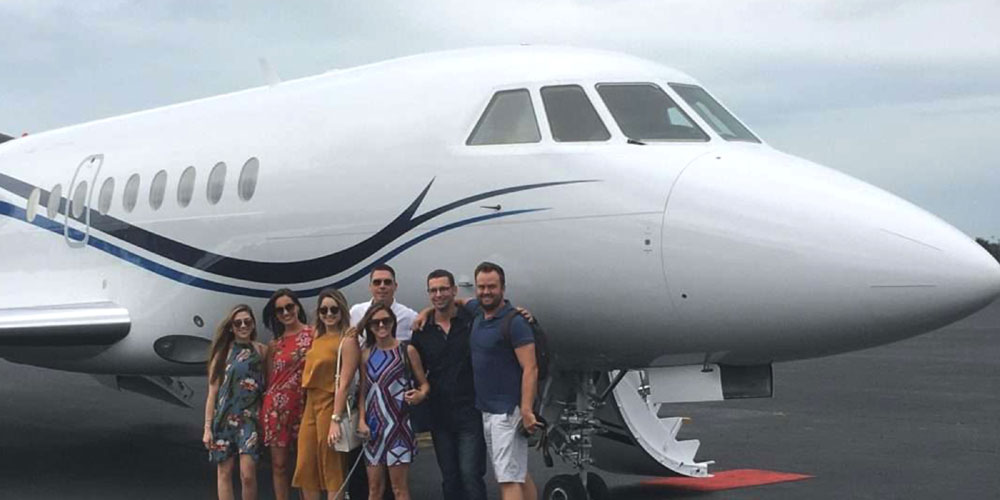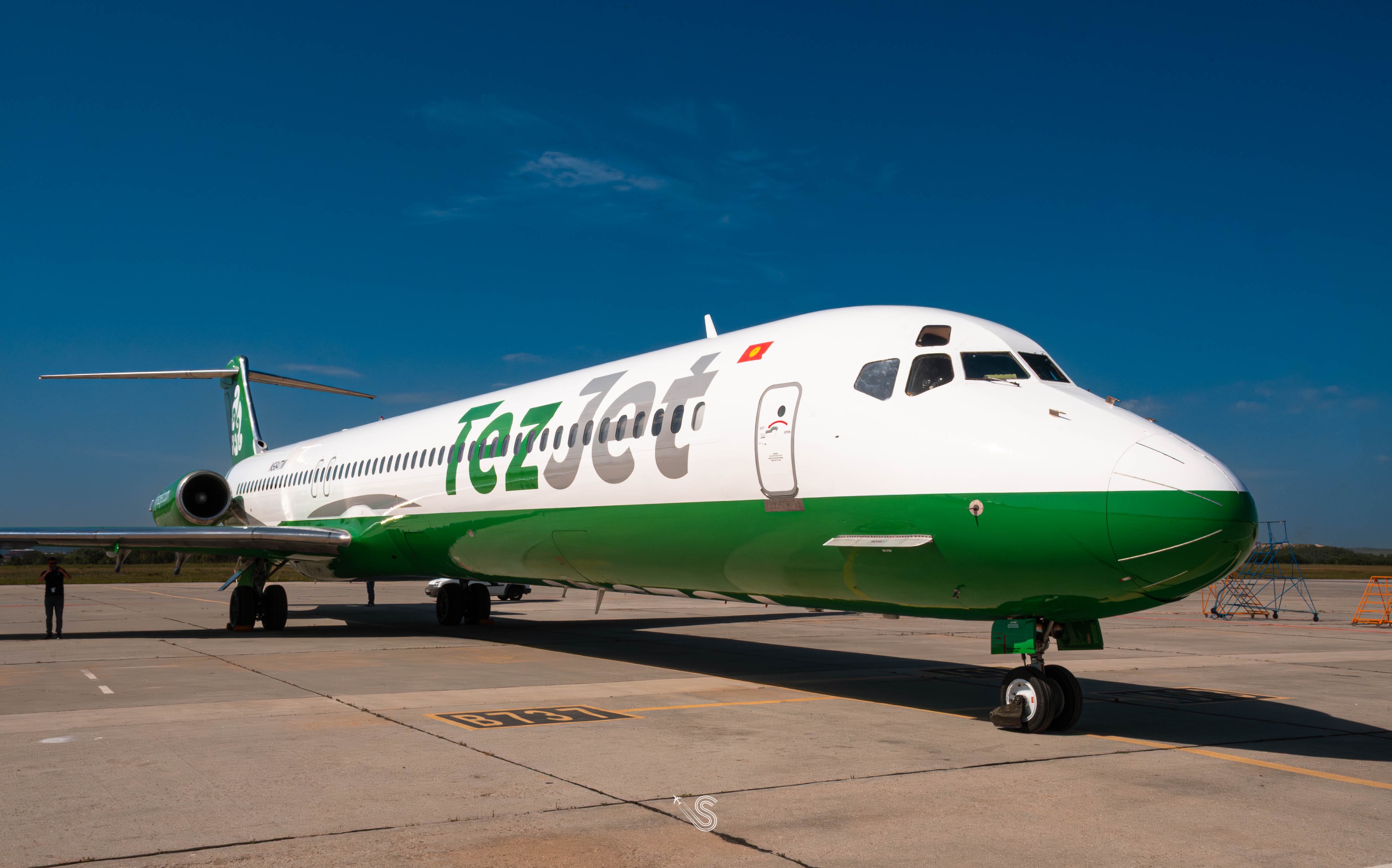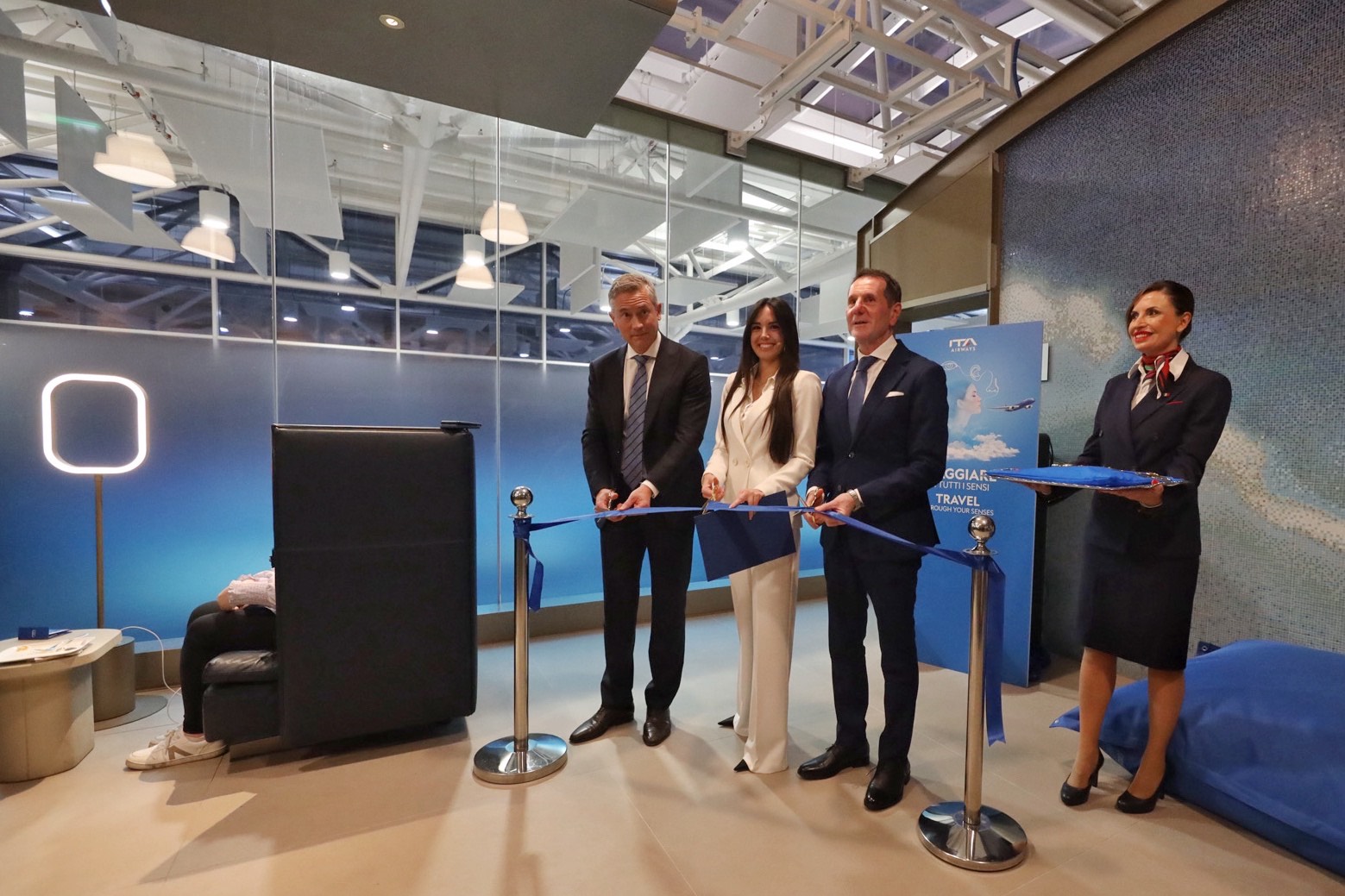They are high in demand, thanks to COVID-19, but charter flights are a tough job to pull off. Amidst lack of clarity about state and country-wide quarantine protocols and permissions, operators have to jump many hurdles to get the aircraft off the tarmac.
Hazel Jain
Even as one of the oldest charter solutions provider in the world since 1973, Chapman Freeborn faces many challenges – and air chartering both passenger and cargo charters is its core business. hailendra Seth, Country Manager – India, Chapman Freeborn, says, “Our biggest challenge is the permissions and government approvals for charters as there are strict protocols and quarantine rules for each country, although the Indian government has been very helpful on this.” The good news is that the company is getting several requests for repatriation of foreign nationals stuck in India and also Indians stuck abroad. It is mainly for countries which are not covered under the air bubbles. “We see this business grow in the future as the customer becomes more conscious of the health and safety aspects,” Seth surmises.
Echoing a similar sentiment is Santosh M Punjabi, CEO, Regional Director of Travel business (India, Saudi Arabia & Afghanistan) SatguruTravel, that has just concluded a charter flight from Delhi to Nairobi and from Mumbai to Lagos for repatriation. He says, “A lot of Indians now want to go back to their work place. The challenge in conducting charters is getting the necessary approvals from various government authorities.” A majority of their clients are corporate and they sell via a strong network of agents across India. “Charter business is something we could do in the near future, although we would really like to see normal schedules start. But the traffic for charters is not going to be leisure at all,” Punjabi adds.
Price as a factor
The cost of chartered flights is also a key element in the demand and supply see-saw. Ranjeet Das, President, Tour Operators Association of Assam (TOAA), says, “Charters from certain dedicated markets in a controlled manner may counter-balance the slowdown post-COVID. If the airlines are willing, some tour operators who have been bringing groups to Northeast India can be encouraged to operate groups through air charters on a regular basis. Northeast has high potential as a preferred destination. However, the bottom line will be to be able to offer the most competitive pricing by these airlines for the chartered flights.”
This is where the HNIs come in. Jay Bhatia, MD, Tulsidas Khimji Holidays and VP of TAAI, feels that the demand created during initial lockdown has died down. “However, now that people know that charter flights can be booked easily through travel agents, the demand may return. There can be a new market created just for charters, provided the government looks into it more carefully and considers relaxing the regulations,” he shares.
Is availability of aircraft an issue?
According to Jitul Mehta, Managing Director, VP Travels and Chairman of TAFI Western India, small business jets are in demand right now, mainly from the Gulf and nearby countries. “There are a new set of customers for charters – those who fly First Class, businessmen, NRIs and family & friends who are more concerned about their safety. Our main challenge is the availability of aircraft. In India, we don’t have so many small business jets and even if there are, it’s in a different airport so the cost increases. Also, 18 per cent GST on total value of charter kills our profit. If the GST is between two to five per cent, then the volume of charters will go up. We have been offering charter service to our clients since the last few years, but the volume was low. However, since COVID-19, there has been rising demand. We expect this to remain in demand permanently,” Mehta says optimistically.
Meanwhile, Marc Asia has also been conducting charters for its partners in Oman. Tour Oman, a DMC in Oman and part of Travel Point, is represented by Marc Asia in India. Priya Rupani, Vice President (Sales & Marketing), Marc Asia, says, “Travel Point is operating chartered flights from cities like Mumbai, Delhi, Lucknow, Chennai, Thiruvananthapuram and Kochi to and from Muscat. However, it’s a tricky and challenging venture as multiple interactions are required to be carried out with airlines, embassy officials, government departments in origin as well as destination city, and finally with passengers. Gathering data for travellers in a given format has been a daunting task, so is ensuring that all passengers comply with quarantine formalities at the destination. Charters can become a lucrative revenue earner for many in the future if one puts all jigsaw pieces together, understands the requirements and matches cost expectations.”
Sri Lanka keen on charters from India
“Sri Lanka has identified India and the Middle East as key market for luxury travellers and are working on various touch points when tourism resumes. We have almost 600 jets from India which are waiting to travel and for the country to open. We have sent out the proposal to the Cabinet on opening the country for tourists.”
 TravTalk India Online Magazine
TravTalk India Online Magazine





